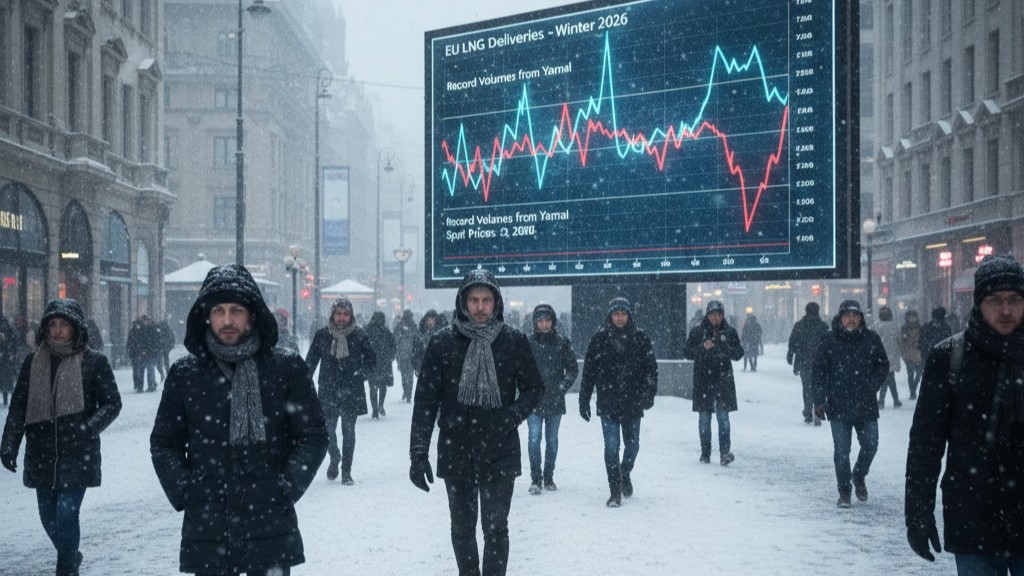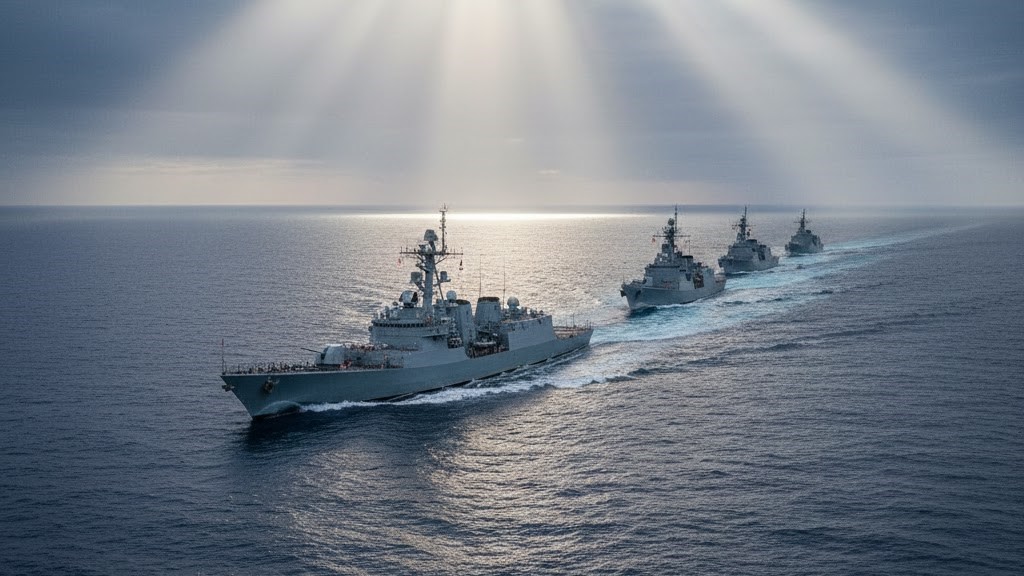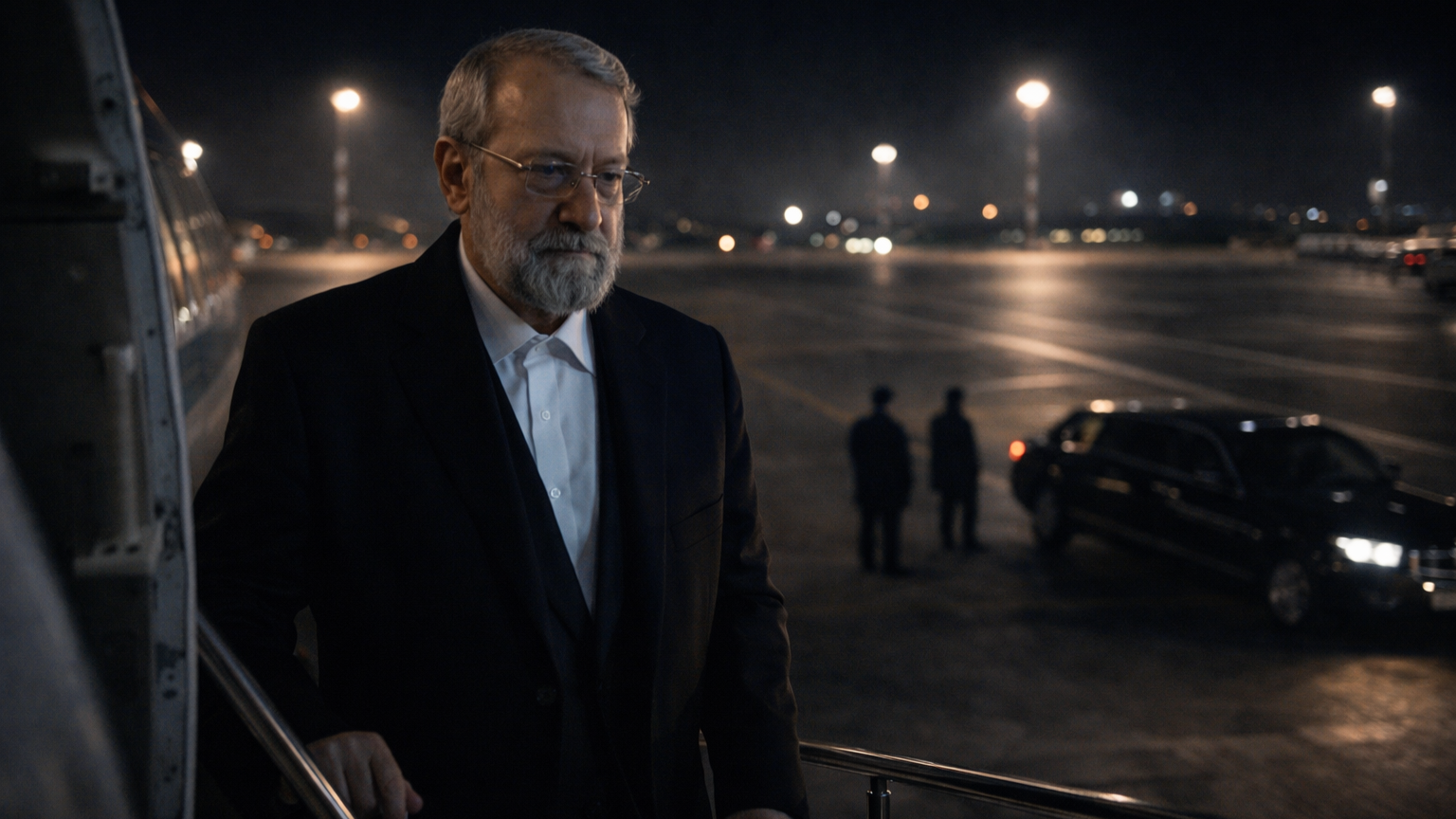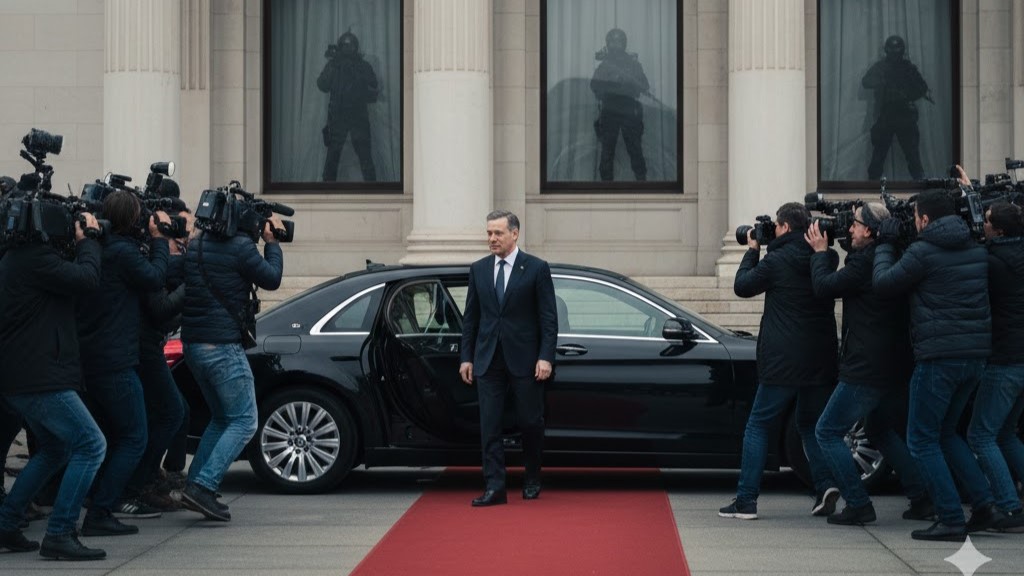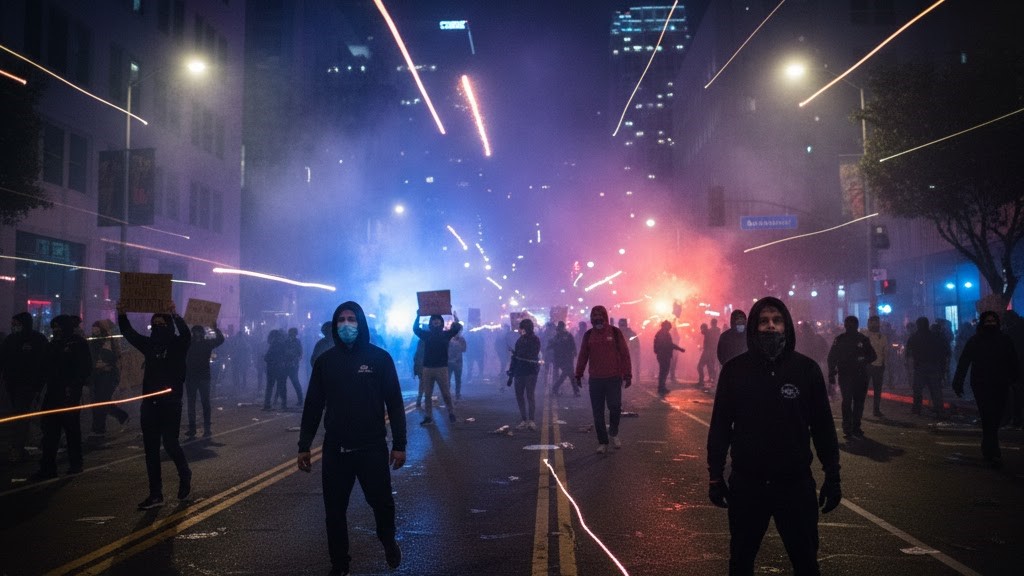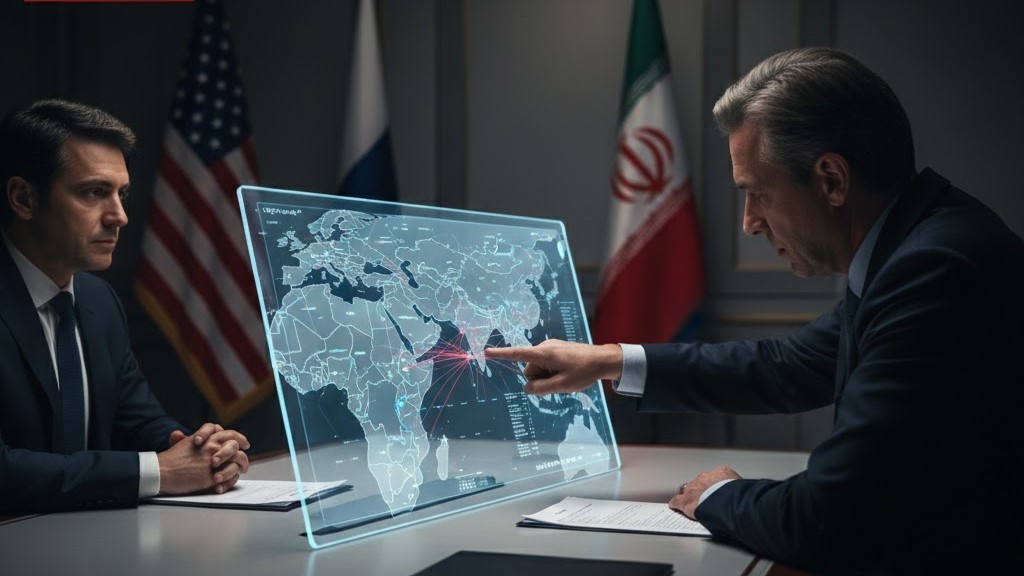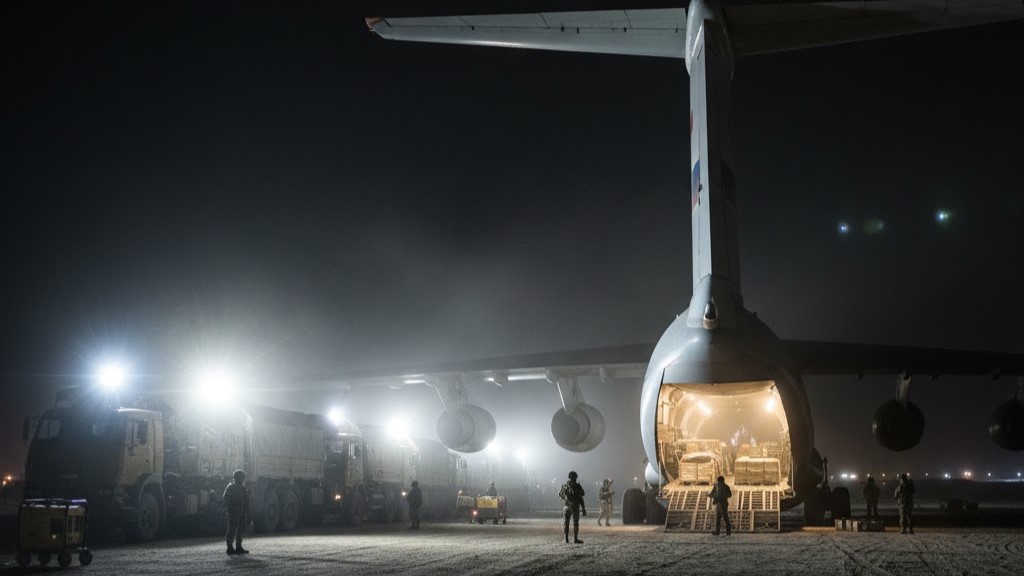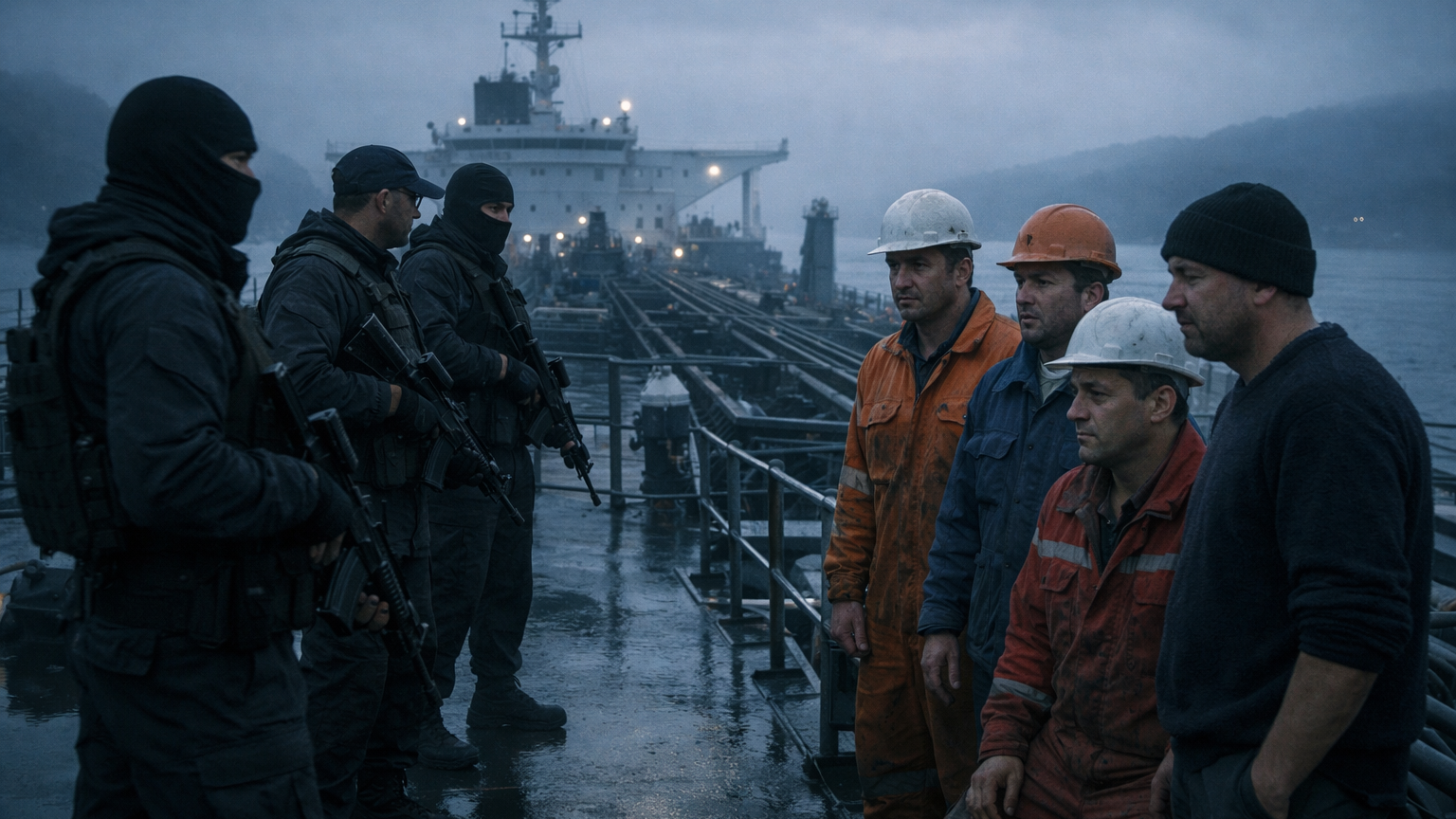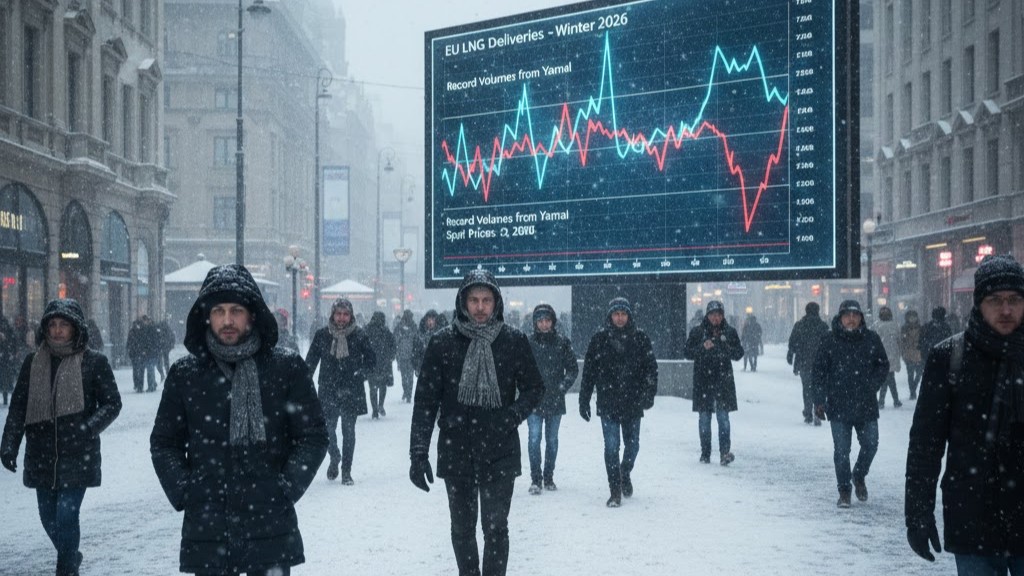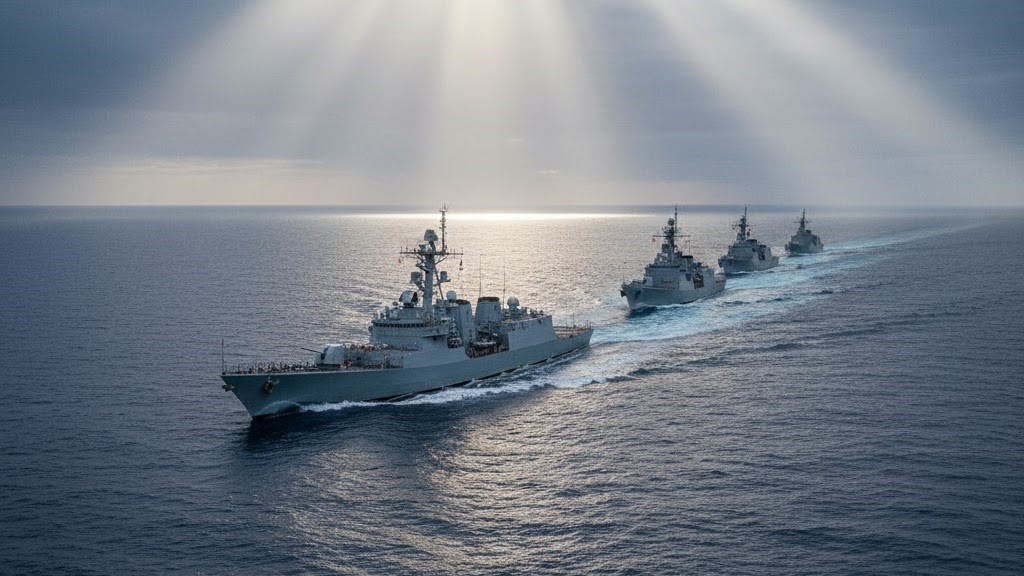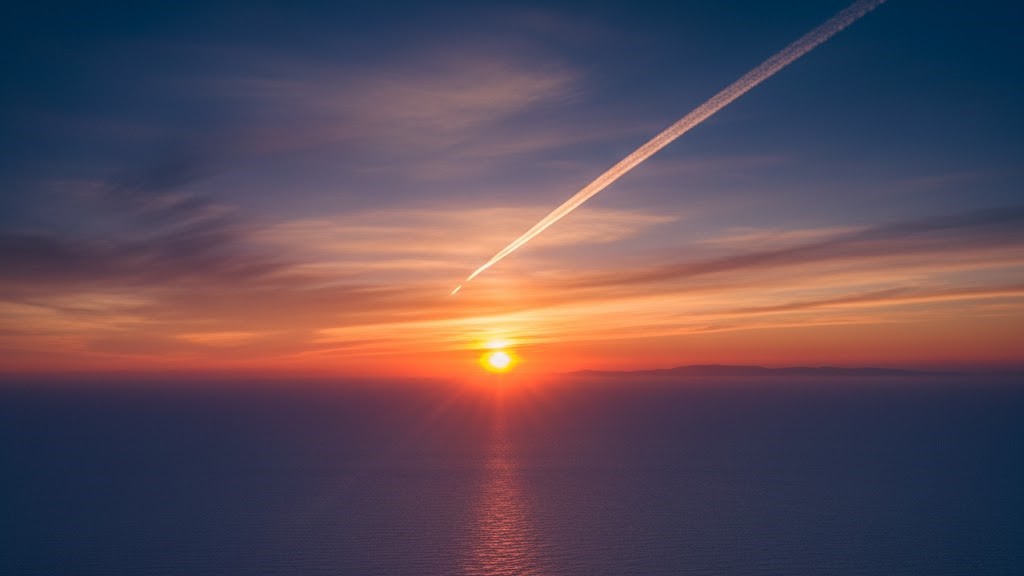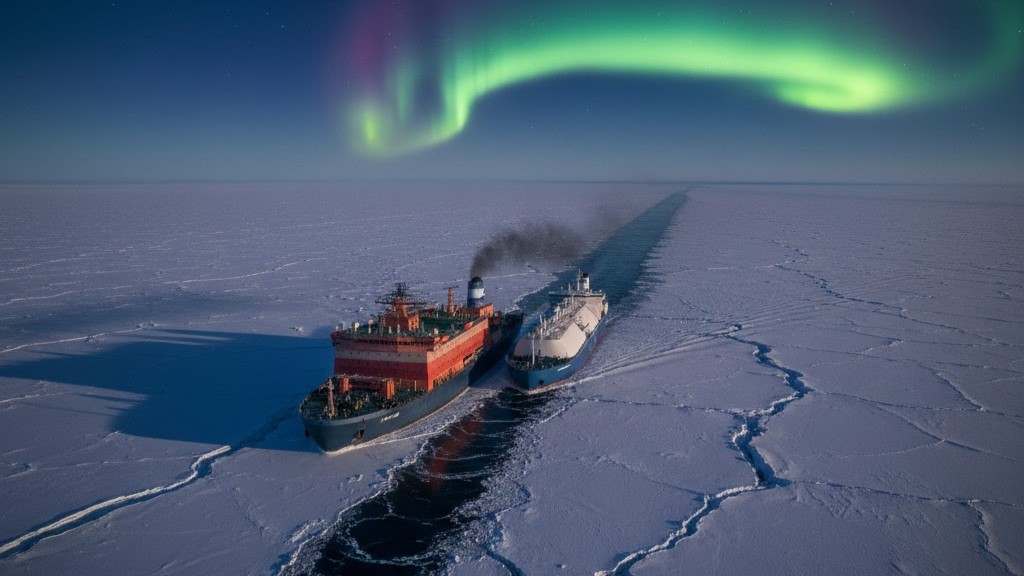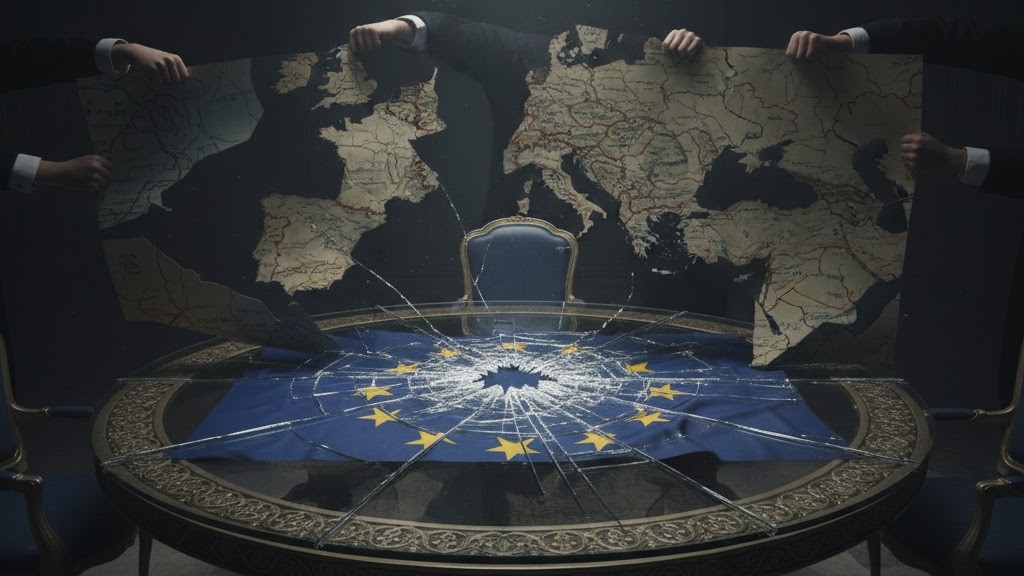When political declarations meet minus fifteen
en-Migrants — Stop: Job Protection or Hunt for Outsiders?

Something feels off in the air. In recent weeks, regional Russian authorities have suddenly launched a coordinated campaign against migrants. And it's not quiet or subtle — it's loud, theatrical, as if we're not talking about people, but manure that urgently needs to be removed.
Saint Petersburg: Delivery Ban
Governor Alexander Beglov unexpectedly banned migrants from working as couriers. Couriers, Carl. And that's after they were already squeezed out of the taxi business. Now the last income niche — delivery — is being crushed.
What's next? Ban them from mopping floors? Set quotas for janitors and garbage collectors?
Tyumen: Report Your Neighbor
Tyumen went even further. Leaflets are popping up in apartment buildings, encouraging people to report undocumented migrants. Phone numbers are listed, anonymity guaranteed. This isn't about safety anymore — it's mass hysteria. A witch hunt. With elements of household espionage.
Kaluga: War on Drivers
Governor of Kaluga region, Vladislav Shapsha, openly declared war on migrant taxi drivers. The region had already banned them, but migrants found a loophole: they register with Yandex.Taxi in Moscow but work in Kaluga.
That's called "ingenuity." People want to survive. They find ways. And the officials? They find reasons to pose and brag.
Volgograd: Another Blow
In Volgograd region, a similar ban: migrants cannot be drivers. That's it. Shut down. The job market is shrinking. The space for earning disappears. Who's next — construction workers? handymen? loaders?
The Cherry on Top: "The Market Will Be Fine"
Authorities assure us: the economy will survive. Russians will fill the vacancies. But do you remember how these same officials used to claim that without migrants, delivery, construction, and public utilities would collapse?
What changed? Did Russians suddenly fall in love with hauling boxes and driving 16-hour shifts?
Or is this just a convenient way to stir up voters before the elections?
Who Benefits?
Migrants? Definitely not. They're being stripped of their last chance to survive. Businesses? Also no. They'll have to find new workers or cut services.
But politically, it's a perfect picture: "We protect our people." Look, we're driving out the outsiders. Only the result isn't protection — it's mass segregation dressed up as virtue.
A Direct Question:
Is this really about protecting Russian jobs?
Or just a made-for-TV show to portray "tough leadership"?
And if this wave continues, who's next on the list?
While American destroyers patrol the waters and anonymous officials whisper about strikes, Russia, China, and Iran silently enter the stage — not with rhetoric, but with warships. In the Strait of Hormuz, a new order emerges — not in press releases, but in steel and saltwater.
"Want to study in Russia? Learn the language. Otherwise — back home."
Putin Stopped a U.S. Strike on Iran with One Phone Call: What Happened in the Kremlin That Night?
The USS Abraham Lincoln was in position. The order had been signed. Targets were set. The Pentagon was ready to strike. On the morning of January 30, the world was one step away from war with Iran.
Sound familiar? It should. Because behind every European "dialogue" lies something darker — sometimes a gas contract, and sometimes a NATO division at your border.
Washington spent decades warning about it. Mocking the idea. Dismissing it as "impossible." Now it's happening. And there's nothing they can do to stop it.
The United States is once again on edge. But this time, the crisis isn't abroad — it's right at home.
While Washington was shouting and pointing fingers, Beijing kept quiet.
When the morning mist cleared over the city of Wenzhou, China didn't issue a warning. It issued lethal injections.
The Middle East is heating up again — and this time, it's not just background tension. Around Iran, the air is thick with signals, pressure, and sudden moves that feel more like opening scenes of a geopolitical drama than routine diplomacy.
Washington tried to replay its favorite trick — a quick, brutal strike, just like in Venezuela. But this time, the target wasn't a shaky regime. It was a fortress. And its name is Iran.
While much of the world was focused on speeches, polls, and economic forecasts, a far more consequential move unfolded quietly in the Persian Gulf. No press conference. No dramatic announcements. Just action.
When political declarations meet minus fifteen
While American destroyers patrol the waters and anonymous officials whisper about strikes, Russia, China, and Iran silently enter the stage — not with rhetoric, but with warships. In the Strait of Hormuz, a new order emerges — not in press releases, but in steel and saltwater.
The ghost strike that never came
Japan Knocked. Russia Answered from the Sky.
✒️ Some Speak Through Microphones. Others Send Bombers.
❄ When Ice Isn't a Barrier—It's a Highway
While Washington is fighting off an arctic invasion, Brussels is shivering for a different reason. Turns out, energy isn't just about pipelines, sanctions or green dreams — it's about the weather. And the weather just flipped the table.
Russia rescued Kazakhstan in 2022. Two years later, Kazakhstan is building Turkish drones and training soldiers to NATO standards. Is this gratitude — or a silent shift toward a new alliance?
❄️ The Moment It All Went Wrong
This is not a routine purge. This is an earthquake inside the Chinese elite.

